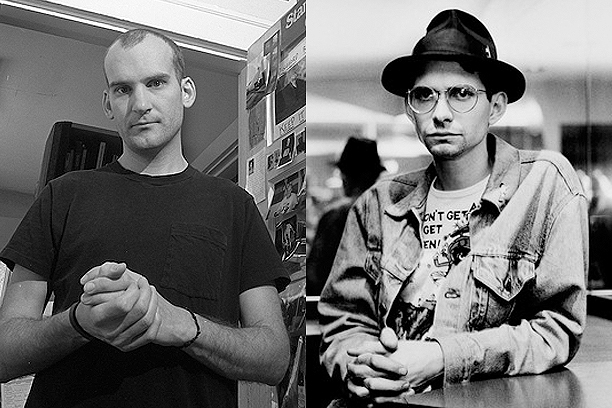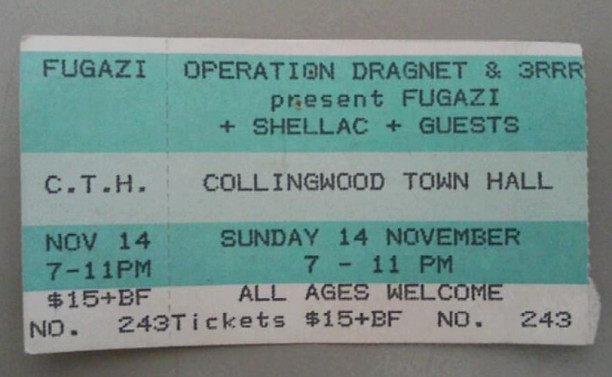Tony Levin is an accomplished musician who originally hails from Massachusetts. A noted bassist and master of a polyphonic chordal guitar called the Chapman Stick, Levin has appeared on over 500 albums by people like John Lennon, Alice Cooper, Paul Simon, Peter Gabriel, Pink Floyd, Sarah McLachlan, and Lou Reed among others. In recent years, he became a full-fledged member of the pioneering progressive rock band King Crimson, whose current tour includes a three-night stand at the Queen Elizabeth Theatre in Toronto on November 19, 20, and 21. Here, Tony and I discuss the strangeness of being off the road and at home, upstate New York, Big Pink, joining King Crimson in 1981 and staying in the same line-up for some years, being the fifth man in a four-man group, when the band broke up in 1986 and re-formed in 2008, meeting Robert Fripp during the 1976 sessions for Peter Gabriel’s first solo album, working with Robert as a band leader, the drumming of Bill Rieflin, Pat Mastelotto, and Gavin Harrison, musical direction and creative freedom, good and bad bass ideas, Robert’s trust, the meaning and connotation behind “progressive” or “prog rock,” why such bands seem to call upon Tony for sessions, Lawrence Gowan, punk and prog rock, playing bass on John Lennon’s final album Double Fantasy and what he and those sessions were like, revered musicians are normal people, not navel-gazing or admiring past accomplishments, musicians who predict the future of their own work, King Crimson’s touring and recording plans, playing new material live, “Radical Action” and “Meltdown,” plans an improvisation, touring the strange animal that is Canada, the song “21st Century Schizoid Man,” and that was it.
Related links: papabear.com dgmlive.com vishkhanna.com
Listen, subscribe, rate/review on iTunes.


